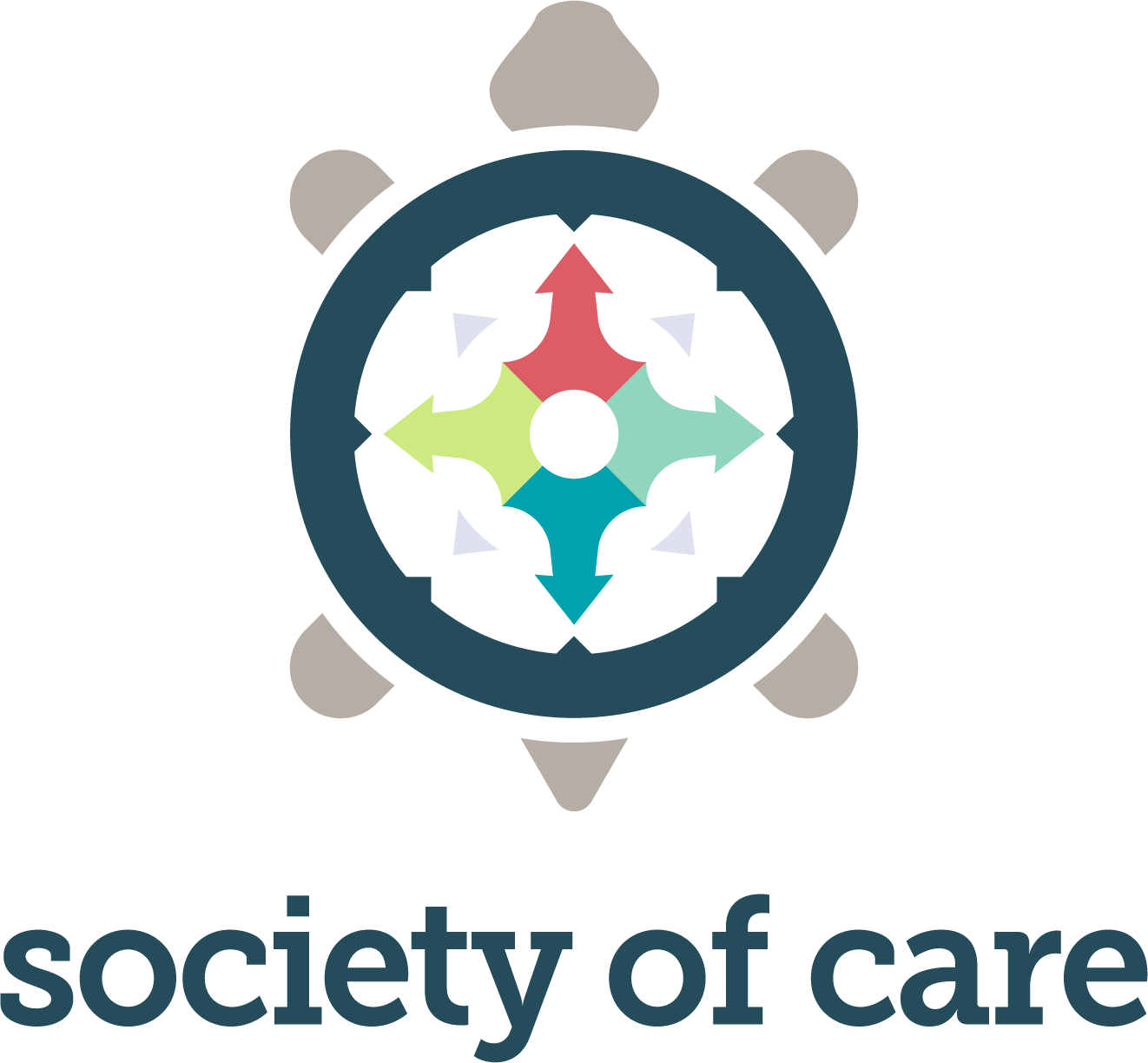A Look at Depression
societyofcare • June 2, 2022
Join Our Mailing List

Each July, communities across the country recognize Disability Pride Month. A time to honor the strength, identity, and contributions of people with disabilities. For caregivers and families, it's also a meaningful opportunity to listen, learn, and celebrate the rich diversity within the disability community.

Summer break is often seen as a time of rest and freedom, but for many caregivers, it can be one of the busiest seasons of the year. With school out, routines disrupted, and demands multiplying, caregivers often put their own well-being on the back burner. At Society of Care, we want to offer a gentle reminder: you matter too.

Summer is a season full of sunshine, freedom, and fresh opportunities to connect not just with each other, but with our communities. At Society of Care, we believe small acts of kindness can ripple outward in powerful ways. That’s why this season is a perfect time to get the whole family involved in simple service projects that show care, build empathy, and strengthen bonds.







